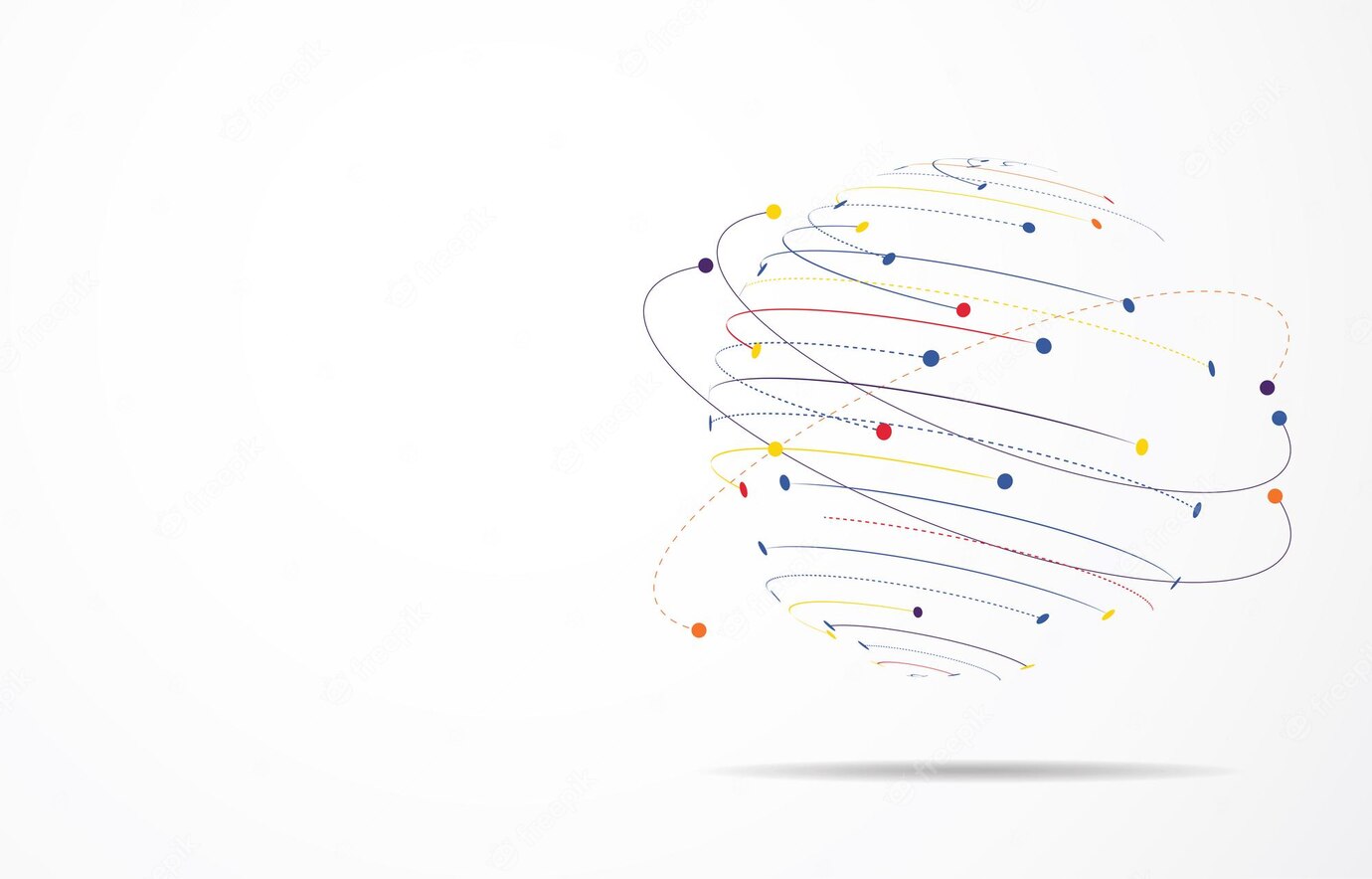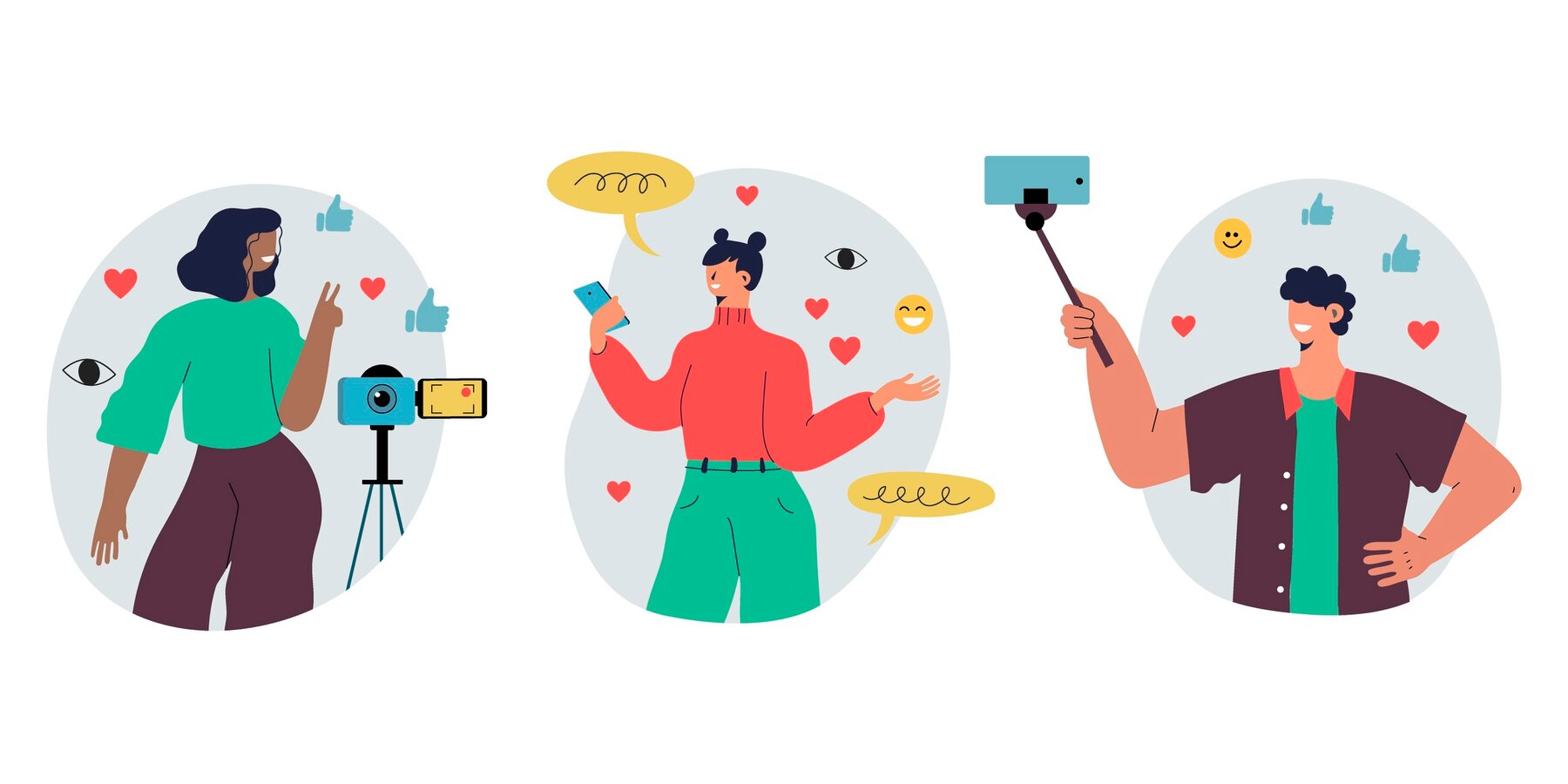Is Decentralised Governance possible with the existence of social media?
The word decentralisation and crypto have become synonymous with many people believing that decentralisation is an achievable reality. The idea is to eliminate the need for a central authority and to empower individuals to self-govern – becoming was is now known as decentralised governance.
In theory, this sounds like an attractive concept, however, in practice, true decentralisation is not possible due to the influence of social media and influencers.

Social Media's Impact
In many aspects of life, social media has transformed the way we interact and communicate with one another. Social media networks are incredibly powerful and influential and have enabled influencers to build personal brands and gain a large following.
This has resulted in centralised control of the public dialogue, whereby influencers can shape and influence how people think and act. This means that individuals are not able to make an informed decision independently, but instead are relying on the opinion of an influencer.
You’ve probably seen the documentary ‘The Social Dilemma’ on Netflix and if not I recommend it. Social Media is designed to be addictive and to keep users engaged. This has resulted in users being exposed to a constant stream of content, which is often curated to appeal to their interests.
This means that users are only exposed to a specific viewpoint, which is determined by the algorithm of the platform. Here on Twitter, you are given suggested people to follow. This limits the number of perspectives and ideas available.

Personal Thoughts
I think people naturally lean towards polarised views when a leader shares a viewpoint, it’s an inevitability and probably something deeply routed in our human evolution – hunting for leadership.
You trust that that person knows more and is therefore right. Or that their follow count means they must be right. So people fear the possibility of sharing an opposing view and simply ‘follow’.

To make decentralisation a reality, people would need to follow people as many different viewpoints from all walks of life, look at things objectively and become emotionally detached from their beliefs. It’s a world where influencers wouldn’t exist because everyone’s viewpoint would be of equal value.
Decentralised networks can’t truly be decentralised based on this. Before the internet, our polarisation came mostly from television, radio and newspapers.
Decentralised governance sounds like a dream, albeit a nice one but we can try to make a dream that comes close. We are testing the waters, and we need to discover for ourselves if the end goal was worth it – but there is only one way to find out, and that is, in the act of trying.
